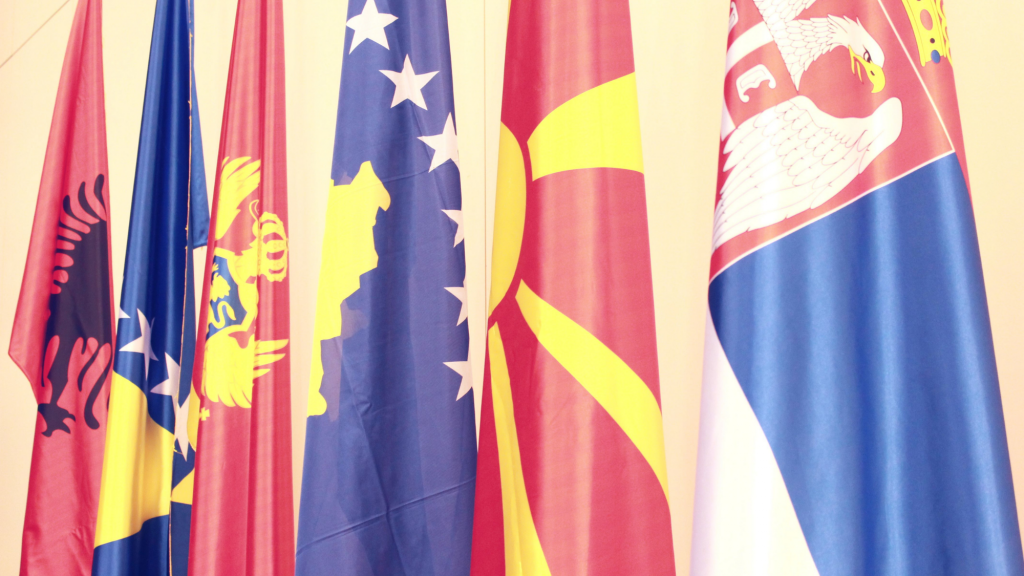Garčević Publishes Paper on Role of Serbian Orthodox Church in Western Balkans

Ambassador Vesko Garčević, Professor of the Practice of International Relations at Boston University’s Frederick S. Pardee School of Global Studies, has co-authored a research policy paper with Kenneth Morrison, Professor of Modern Southeast European History at De Montfort University, about the role of the Serbian Orthodox Church (SPC) in the Western Balkans.
While politics is transient, for Serbs in the Western Balkans the church is a constant – a stable entity and an institution that represents historical continuity, national identity, and destiny. In the paper, titled “The Orthodox Church, Montenegro, and the ‘Serbian World,’” Garčević and Morrison explore why the SPC remains a potent force in public and political life today.
Throughout European history, the church has played an important role in the creation of nations, their identities, and their states. While the political importance of the churches has noticeably decreased over time, in Orthodox countries such as those in the Western Balkans, the church remains a significant actor and is inextricably linked to both politics and state power. The church casts itself as the authentic articulator of the soul of the Serbs and, throughout the Western Balkans, many of them regard it as an institution that is beyond reproach. The church enjoys a privileged status in Serbia and sometimes operates in a ‘grey zone,’ outside the legal systems of neighboring countries. Montenegro, (North) Kosovo, and Bosnia and Herzegovina (Republika Srpska).
Garčević and Morrison’s paper serves as an important case study that shows how Montenegro has become a society controlled by the church, which has led the country down an uncertain path that may have serious implications not only for the internal situation but for the entire Western Balkans.
The full paper can be read online.
During his diplomatic career, Ambassador Vesko Garčević dealt with issues pertinent to European security and NATO for almost 14 years. In 2004, he was posted in Vienna to serve as Ambassador to Organization for Security and Cooperation in Europe. He had been Montenegro’s Ambassador to NATO from 2010 until 2014 and served as Montenegro’s National Coordinator for NATO from 2015 until he joined the faculty at the Pardee School. Learn more about Ambassador Garčević on his faculty profile.